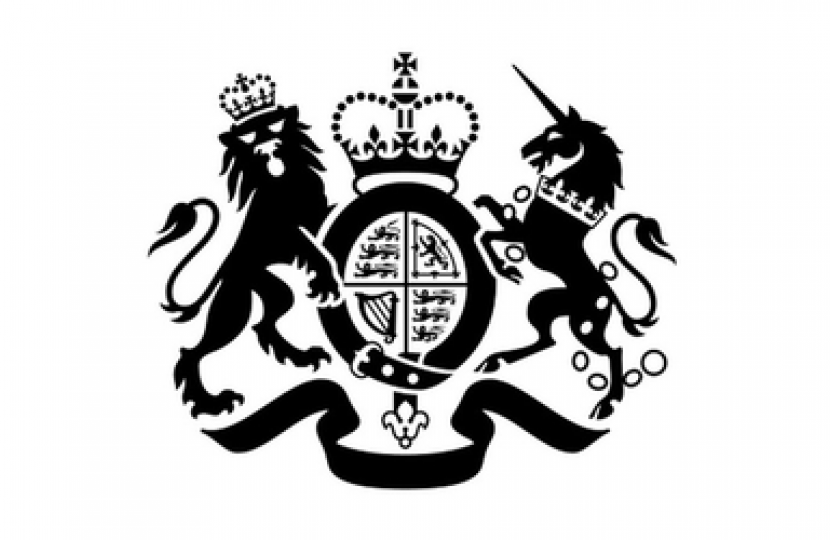
Dear Colleague,
The integrity of democracy and the electoral system
You will have heard in the Queen’s Speech of the Government’s plans to protect the integrity of democracy and the electoral system in the United Kingdom. I would like to take this opportunity to set out more detail behind this announcement.
The Government will bring forward measures to improve the integrity and security of each elector’s vote, whether they vote at a polling station or elsewhere, and to make the process of voting at a polling station more accessible to disabled people. The measures are part of a wider initiative to improve trust in the integrity of the electoral process, maintain public confidence and support inclusivity in our electoral system.
The measures divide into two categories: anti-fraud (use of voter ID, changes to postal/proxy voting, and strengthening the secrecy of the ballot); and accessibility (companions in polling stations and requirements on returning officers to support voters with disabilities). Further details are included in the annex below.
The provisions would extend and apply to the whole of the UK for UK parliamentary elections, which are a reserved matter. Some provisions also apply to certain other non-devolved elections in the UK, including Assembly and local government elections in Northern Ireland, and local elections in England.
The requirement to show ID to vote in Northern Ireland has existed since 1985, and people have been required to show photo ID since 2003. The process runs smoothly there, with no impact on turnout or participation in elections. I met the Chief Electoral Officer for Northern Ireland earlier this year and it was clear from our discussion the system works well and has improved voter confidence in the electoral process.
Voter ID has been backed by the Electoral Commission and international election observers, such as the Organisation for Security and Co-operation in Europe and the Office for Democratic Institutions and Human Rights, who have repeatedly called for the introduction of ID in polling stations in Great Britain, saying its absence is a security risk.
The Electoral Commission has completed independent evaluations of the voter ID pilots in 2018 and 2019 which have been published on its website. The Cabinet Office has also published its own evaluations of both pilots which can be found on GOV.UK.
When the legislation is introduced, Ministers will engage with Members across the House to ensure everyone is aware of the substance of the measures outlined.
In addition to these measures, we will launch a consultation on electoral integrity to make the regulatory framework around elections as watertight as possible, strengthening the current provisions which protect UK politics from foreign influence.
Yours sincerely,
Kevin Foster MP
*** Annex ***
The main measures we plan to introduce are:
● Voter ID - requiring voters to show an approved form of photographic ID in order to vote at a polling station in a UK parliamentary election in Great Britain and local elections in England. The list of approved ID will not be limited to passports and driving licences, a range of documents will be accepted, including, for example, concessionary travel passes, PASS scheme cards, Ministry of Defence identity cards and photocard parking permits issued as
part of the Blue Badge scheme.
For voters without the required ID, local authorities will provide a local electoral ID, free of charge, to ensure that everyone eligible to vote has the opportunity to. International elections monitors, such as the Organisation for Security and Co-operation in Europe (OSCE) and the Office for Democratic Institutions and Human Rights (ODIHR), jointly called for the introduction of ID in polling stations in their reports on the UK General Election in 2010 and 2015. They see the lack of verification as too trusting and open to abuse.
With the help of stakeholders, we conducted voter ID pilots in 2018 and 2019.
The pilots were delivered on a voluntary basis by 15 local authorities. They demonstrated the capacity of Returning Officers to deliver successful elections, including the requirement for voters to provide ID and to provide a locally-issued form of ID to those who could not meet the ID requirement.
This locally-issued electoral ID is not, and will not become, a form of national ID. The electoral ID will only be issued for the purpose of demonstrating identity at an election where an elector is unable to provide an approved form of photographic ID. In the 2019 photographic ID pilots, of the 34,800 people who voted, only 100 people needed to rely on a Local Elector ID issued by their local authority - 63 voters in Pendle and 27 voters in Woking.
The Electoral Commission’s independent evaluation of the pilots concluded that the requirement to provide ID before voting does not have a negative effect on turnout or participation. The Electoral Commission’s evaluation of the 2019 pilots also found that public confidence in the electoral system was stronger in the voter ID pilot areas.
In Pendle and Woking, which piloted photographic ID in 2019, 99.6% of people who attended a polling station were able to show the right photographic ID and were issued with a ballot paper.
● Postal voting - banning campaigners from handling postal votes; a power to limit the number of postal votes a person may hand-in; a requirement on those registered for a postal vote to re-apply every three years; and extending the secrecy of the ballot requirements, under section 66 of the Representation of the People Act 1983, to absent voting.
● Proxy voting - limiting the number of people for whom a voter may act as a proxy, to a maximum of two electors, regardless of their relationship. The measures related to postal and proxy voting will improve the integrity of voting that takes place remotely. They will reduce the opportunity for individuals to collect large numbers of postal votes, or to act as a proxy for many electors over whom they may have undue influence, and will introduce greater scrutiny of postal vote registration.
● Accessibility - allowing a wider range of people (for example, carers who would not be entitled to vote in the election) to be able to assist disabled voters in a ‘companion’ role; and requiring returning officers to provide equipment to support voters with sight loss and other disabilities who find it difficult to vote.
The changes proposed with regards to the accessibility of polling stations have been developed with the advice of the Accessibility to Elections Working Group comprising electoral organisations and leading disability charities. The measures will enable a wider range of people (such as carers) to assist disabled voters in polling stations if needed, and require returning officers to provide equipment to support voters with sight loss and other disabilities who find it difficult to vote. Together these changes will remove potential barriers faced by disabled voters.
